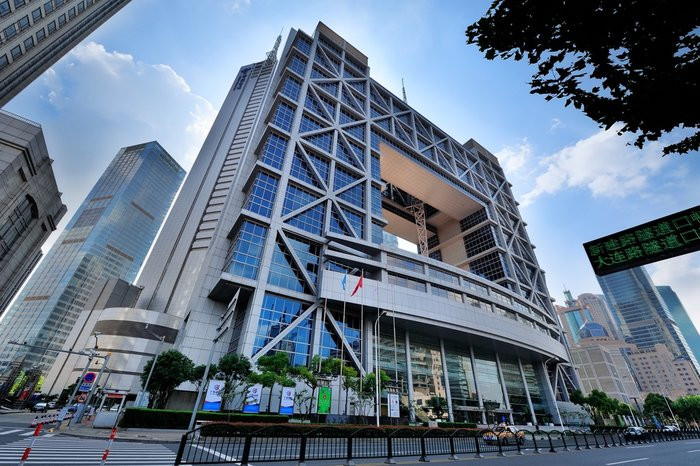
Shares in the Asia-Pacific traded mostly in the green. The only exception was the Japanese Nikkei 225, which fell by 1.52%. All other indices were rising: Chinese Shanghai Composite and Shenzhen Composite gained 0.25 and 0.38% respectively, Hong Kong increased by 0.23%, roughly the same amount was added by Korean KOSPI - 0.22%. The most significant increase was demonstrated by the Australian S&P/ASX 200, which added 0.53%.
The yen strengthened by 0.6% against the US dollar and it became one of the reasons why the Japanese index fell. In addition, the day before, the US index closed the day lower by 1.8%, which was also due to traders' concern about a US recession and potential interest rate hike by the US central bank.
Japan recorded another trade deficit for December, and it is rising to a record high for more than 40 years. The country's exports grew 18.2% over 2022, while the value of imports jumped to a record 39.2%. In December 2022 alone, exports increased 11.5% (this is the lowest growth rate for the whole year) and imports rose 20.6%.
Among Japanese companies, the biggest losses were seen in SoftBank Group, which lost 3.5%, Toyota Motor, which dropped 2.4%, Tokyo Electron, which plunged 2.3%, and Nintendo, which dropped 1.2%.
Meanwhile, according to the latest reports, China recorded GDP growth of 2.9% in the last quarter of last year compared to the same period a year earlier. However, the pace of economic growth slowed down compared to the third quarter, in which GDP growth was 3.9%.
However, economic growth was higher than analysts' forecasts, which predicted an increase of only 1.8%. Experts are surprised that GDP did not decline because of the rise in coronavirus cases in the country toward the end of the year and the related labor shortage.
At the same time, there is a high probability that the increased need for drugs and equipment contributed to the rebound in economic growth in the last quarter.
Experts also improved the forecast for Chinese economic growth in 2023 from 5.3% to 5.8%.
The Chinese stock exchanges were trading mixed. Part of the shares are added to the price on the Hong Kong Stock Exchange. Among them are BYD, up 2.8%; Tencent Holdings, up 1.1%; and AIA Group, up 0.9%.
At the same time, shares of other companies were trading lower: Techtronic Industries lost 2.3%, Alibaba Health Tech dropped 1.9%, NetEase and Meituan each dropped 1.7% and Xiaomi was down 1.6%.
Jiangsu Hengrui (+6.5%), Zijin Mining Group (+1.7%) as well as China Merchants Bank and Sinopec (+0.6% and +0.5% respectively) rose on the Shanghai exchange. At the same time, quotations of Kweichow Moutai declined by 0.9%.





















